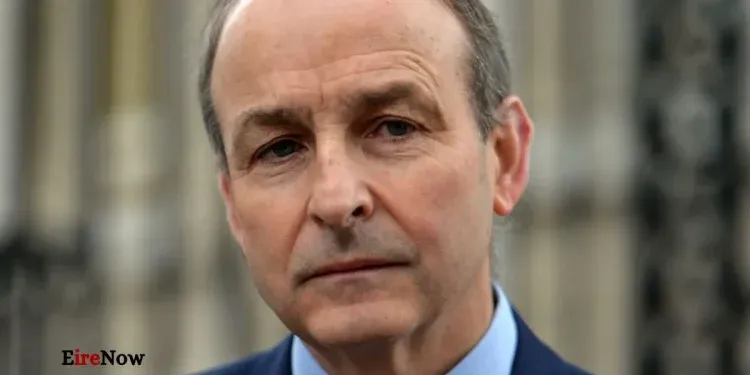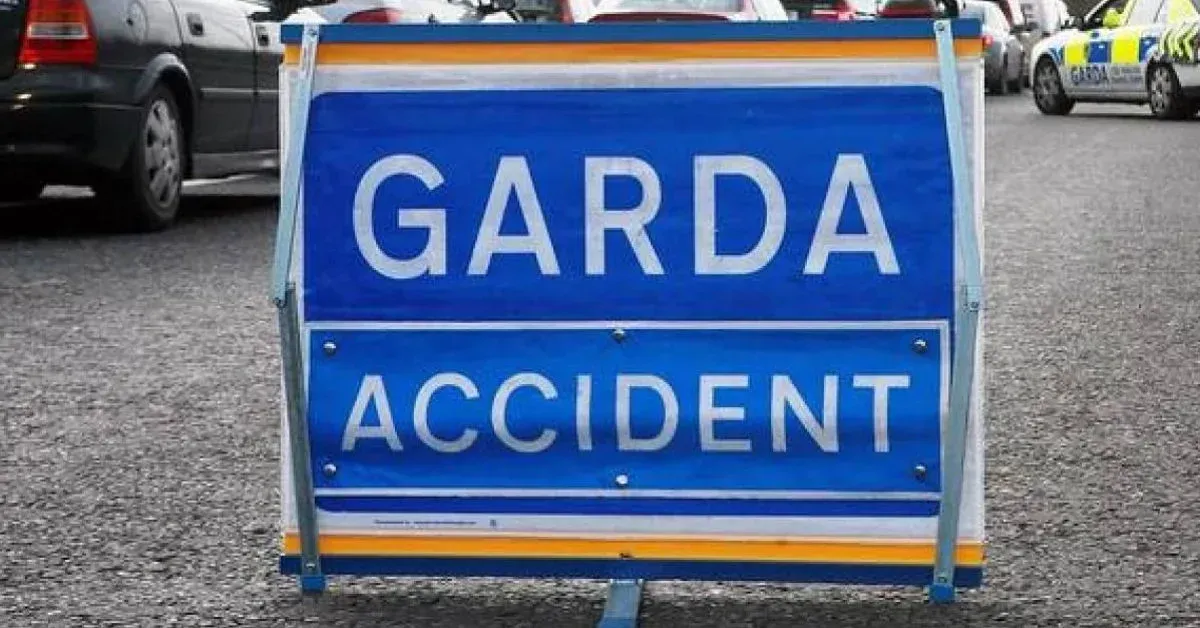DUBLIN, IRELAND – A recent Russian drone incursion into Polish airspace has been met with strong condemnation from Irish and European leaders, with Taoiseach Micheál Martin calling it a “reckless and unprecedented act.” The incident, which saw Poland scramble its own aircraft and those of its NATO allies to shoot down the “hostile objects,” marks a significant escalation in the conflict and has prompted renewed calls for stronger Western action against Moscow.
Speaking on the incident, Taoiseach Micheál Martin stated that the incursion served as a “stark reminder of the threat posed by Russia to Europe’s security” and reiterated Ireland’s full solidarity with Poland. He added that the Irish government would be discussing the need to strengthen support for Ukraine in light of these events.
Echoing the Taoiseach’s sentiments, Tánaiste Simon Harris described the developments as a “wake-up call for the West.” Speaking ahead of a Cabinet meeting, Mr. Harris called for a significant increase in sanctions on Russia, suggesting that they could be “much more impactful” if the United States were to join European allies in a concerted effort.
The Tánaiste’s remarks on U.S. sanctions come as U.S. President Donald Trump has indicated a readiness to move forward with a “second phase” of sanctions against Russia in response to recent large-scale attacks on Ukraine. This comes after the largest-ever Russian air attack on Ukraine, which saw over 800 drones launched, damaging a key government building in Kyiv and killing civilians.
In a separate but equally significant development, Mr. Martin also commented on European Commission President Ursula von der Leyen’s proposal to suspend the EU’s trade agreement with Israel. Von der Leyen, during her State of the Union address, delivered her harshest criticism of Israel to date, describing the situation in Gaza as “catastrophic” and stating that “man-made famine can never be a weapon of war.”
Von der Leyen’s proposal would see a partial suspension of the EU-Israel Association Agreement, with a focus on trade aspects, as well as the introduction of sanctions on extremist Israeli ministers and violent settlers. This move, which Ireland has long advocated for, faces challenges in gaining a majority vote among EU member states.
The day’s events highlight a period of heightened geopolitical tension, with leaders in Europe grappling with how to respond to Russia’s continued aggression while also addressing the humanitarian crisis in Gaza. The actions of key players in both the U.S. and the EU will be closely watched in the coming days as the international community seeks to de-escalate these conflicts.







